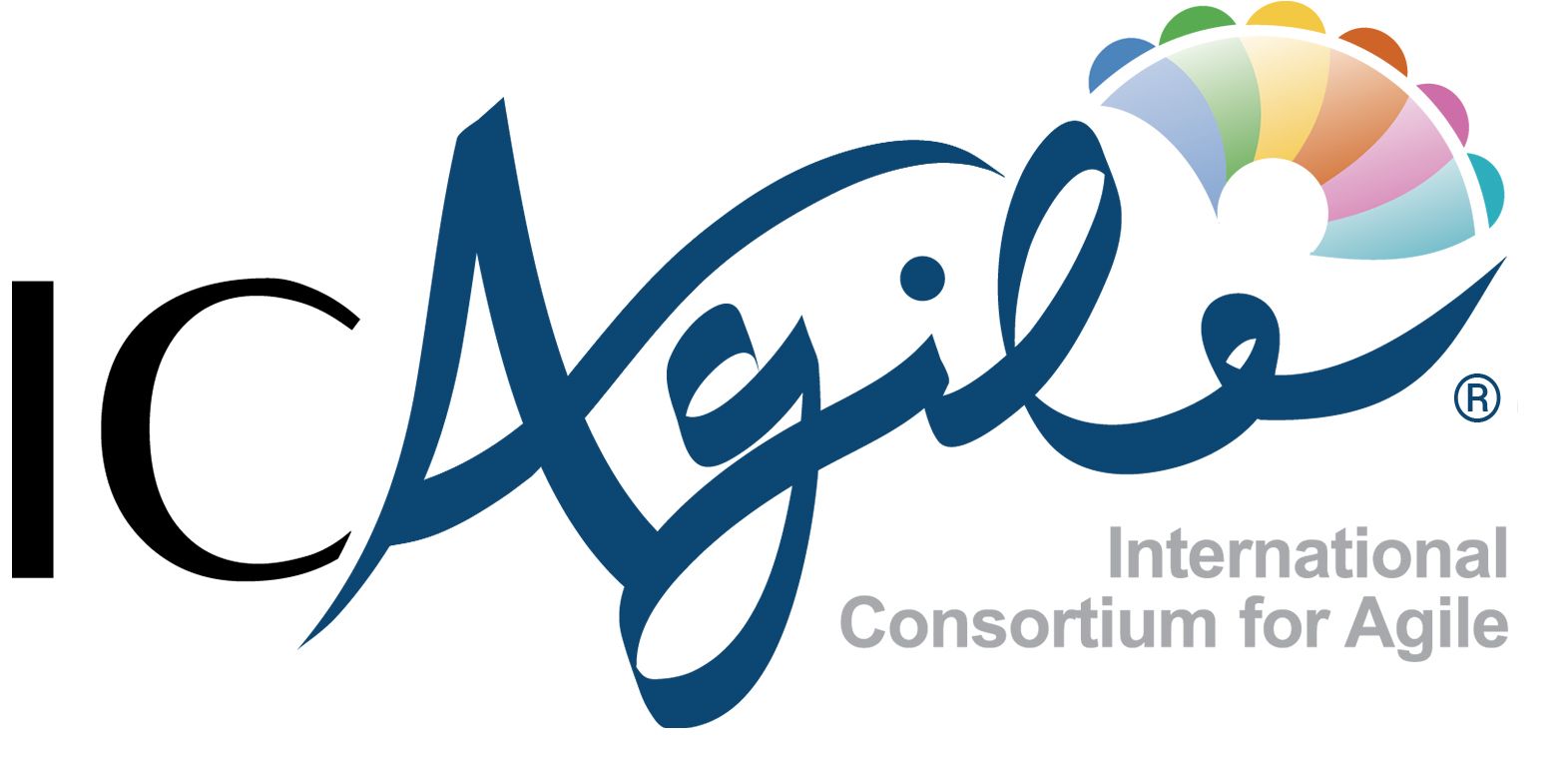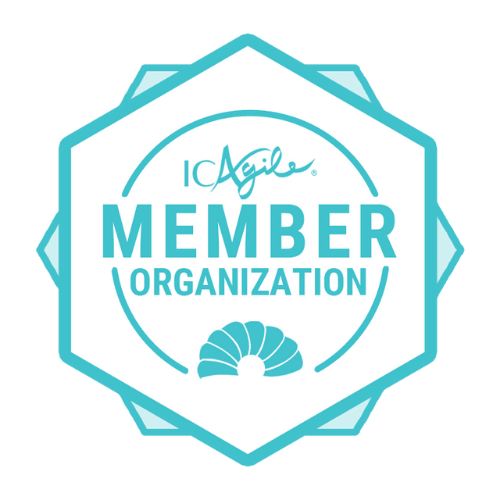The Power of Trust in the Workplace: Lessons from Highly Effective Teams
In any workplace, trust is is essential to make or break a team's success. It has the power to create a positive work environment where employees feel valued, respected and supported. Trust also fosters open communication, encourages collaboration, and ultimately drives results.
In this blog post, we'll explore the lessons learned from highly effective teams and how they've harnessed the power of trust to achieve remarkable outcomes. Whether you're a manager looking to build trust within your team or an employee seeking ways to cultivate stronger relationships with colleagues - this article will provide valuable insights on how to develop trust in the workplace for long-term success!
What is trust in the workplace?
Trust is one of the most important elements of a successful workplace. It's the foundation that allows teams to function effectively and efficiently.
Without trust, team members would constantly be second-guessing each other, which would lead to miscommunication and conflict. Trust allows team members to rely on each other and work together toward common goals.
There are many factors that contribute to trust in the workplace. The most important is probably mutual respect. When team members respect each other, they're more likely to trust each other. Other important factors include effective communication, shared values and goals, and a positive team culture.
If you want your team to be successful, it's essential that you create an environment of trust. By doing so, you'll set your team up for success and allow them to reach their full potential.
The Benefits of Trust in the Workplace
When employees trust their leaders, they are more likely to be productive and engaged in their work. A study by the Harvard Business Review found that employees who trust their leaders are more likely to stay with their company and are more likely to be engaged in their work.
The benefits of trust go beyond engagement and productivity. When employees trust their leaders, they are also more likely to take risks and innovate. A study by the University of Pennsylvania found that employees who trust their leaders are more likely to take risks and come up with new ideas.
Trust is also associated with better health. A study by the American Psychological Association found that employees who trust their leaders have lower levels of stress and anxiety, and are more likely to be physically healthy.
Finally, trust is linked to higher levels of job satisfaction. A study by the Gallup Organization found that employees who trust their leaders are more satisfied with their jobs and are less likely to leave their company.
Building Trust in Your Team
When it comes to building trust in your team, there are a few key things you can do to create an environment of trust. First, be clear about your expectations and communicate openly with your team members. Second, show that you trust them by delegating tasks and giving them the autonomy to complete them. Finally, build rapport with your team members by taking the time to get to know them on a personal level.
If you can create an environment of trust in your team, you'll reap the benefits of having a highly effective team that is able to accomplish great things.
Examples of Highly Effective Teams and Their Unique Ways of Establishing Trust
There are many examples of highly effective teams who have established trust in unique ways. One example is the team at Zappos, who have established trust by creating a culture of transparency and openness. This has allowed them to build trust with their customers and employees alike. Another example is the team at Google, who have built trust by creating a culture of innovation and creativity. This has allowed them to build trust with their users and customers alike. Lastly, the team at Amazon has built trust by creating a culture of customer obsession. This has allowed them to build trust with their employees and customers alike.
All of these teams have relied on unique methods to establish trust, but at the core of it all is the need for open communication and transparency. This allows team members to feel safe and secure when sharing ideas and opinions, while also allowing them to build relationships with one another. When these relationships have been built, trust is established and the team is able to work together more effectively.
Practical Tips for Strengthening Trust
- Start with yourself. If you want to build trust in the workplace, start by looking at your own behavior. Are you trustworthy? Do you keep your word? Are you reliable? If not, it will be difficult to earn the trust of others.
- Be transparent. Transparency is key to building trust. Share information openly and honestly, and be clear about your expectations.
- Communicate frequently. Regular communication is essential to maintaining trust in the workplace. Make sure everyone is on the same page, and take the time to answer questions and address concerns.
- Be consistent. Consistency is crucial for earning trust. Follow through on your commitments, and don't make promises you can't keep.
- Build relationships. Strong relationships are built on trust. Get to know your colleagues, and take the time to build rapport and mutual respect.
How to Address Challenges to Trust in the Workplace
When it comes to trust in the workplace, challenges can arise from a variety of sources. In some cases, employees may not trust their employer because of a previous bad experience or because of something they’ve heard about the company. In other cases, there may be a lack of trust between coworkers or between managers and employees.
Whatever the source of the challenge, addressing it is essential to maintain a productive and positive work environment. Below are some tips for addressing challenges to trust in the workplace:
- Communicate openly and honestly: One of the best ways to address challenges to trust is to simply communicate openly and honestly with those involved. By being transparent about your intentions and expectations, you can help build trust between yourself and others.
- Be consistent: Another important way to build trust is by being consistent in your words and actions. If you say you’re going to do something, make sure you follow through on your promise. This will show others that they can rely on you and help build their trust in you.
- Be fair: It’s also important to be fair when it comes to distributing rewards, punishments, and opportunities within the workplace. Employees who feel like they’re being treated unfairly are less likely to trust their employer or coworkers.
- Show respect: Lastly, showing respect for others is crucial for building trust. This includes things like listening to others’ opinions, valuing their input, and treating them.
Building trust in the workplace is essential for effective collaboration, improved communication, and higher productivity. The key to creating a trusting work environment lies in understanding the importance of building strong relationships with colleagues and setting clear expectations.
By focusing on developing an atmosphere of mutual respect and fostering a sense of safety for team members to express themselves, it's possible to create highly effective teams that will lead to greater success. With this knowledge, managers can ensure their teams are working together as efficiently as possible while having faith that each member will strive towards achieving common goals.




